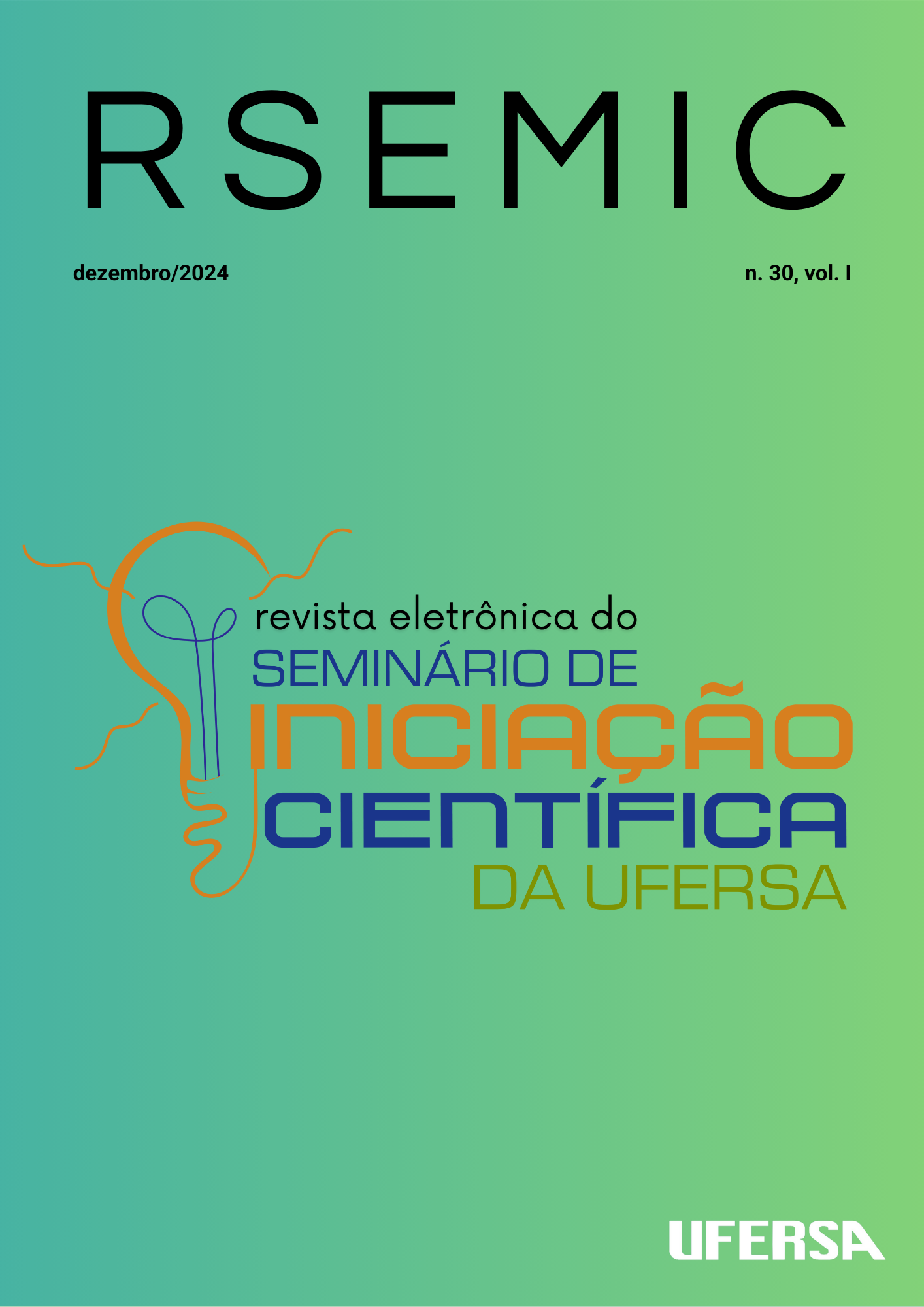Responsabilidade das Plataformas por Disseminação de Notícias Falsas e a proposta do PL 2630
Palavras-chave:
Regulação, Notícias Falsas, ResposabilidadeResumo
The spread to which disinformation has spread on the internet, especially with the dissemination of fake news and hate speech, has resulted in the need for regulations to combat it in Brazil. Therefore, bills were created with the aim of regulating the digital environment, in particular Bill N° 2.630/2020, also known as the “Fake News Bill”, which initially aimed to curb disinformation. In view of this, the general objective of this research was to analyze the implications of the discussions on Bill 2.630/2020, at the federal level, regarding the responsibility of providers for the dissemination of fake news, through a conceptual presentation of the phenomenon of disinformation and the models for regulating platforms, an analysis of the discrepancies and symmetries between the Brazilian Civil Rights Framework for the Internet and Bill 2.630/2020, as well as an analysis of Bill 2.630 and its implications for combating disinformation. To achieve these objectives, the methodology used was a non-doctrinal research type, based on a qualitative analysis, after the bibliographic and documentary survey phase. Furthermore, the objectives addressed are exploratory and explanatory in nature. Regarding the liability of providers, joint and several or subsidiary liability applies. The first applies when the application provider, according to art. 19 of the Internet Civil Rights Framework, fails to take the necessary measures after a specific court order; the second applies when the same provider, according to art. 21 of the Internet Civil Rights Framework, violates privacy by disclosing content generated by third parties, without due authorization. In view of this, questions arise about the liability that providers have for the content found on their networks. Regarding the substitute for PL 2630/2020, there was a modifying amendment to include the elaboration, co-regulatorily, of codes of conduct going beyond regulated self-regulation. In addition to the above, an amendment was also proposed that suggested the exclusion of joint and several liability of providers, since it could be a point that could be detrimental to competitiveness. In addition to these amendments, there was a suppressive amendment stating that the relationship between the platform and its users should be agreed upon under contractual freedom. On the other hand, it was proposed to eliminate the equivalence of providers as a means of social communication, due to the potential liability of the platform for the content of its users. In addition, the requirement for official identification for sponsored content was eliminated, as it could potentially make it impossible for foreign advertisers to operate in Brazil. As for the requirement to provide information on the history of advertisements directed to it, there was also an attempt to eliminate it. However, although this project has resulted in several discussions on its points within the Federal Senate and the Chamber of Deputies, with the phase completed in the first house and ongoing processing in the second, there was an indication of the creation of a new Working Group to discuss it again recently, given the indication that there is political polarization regarding the issue.

